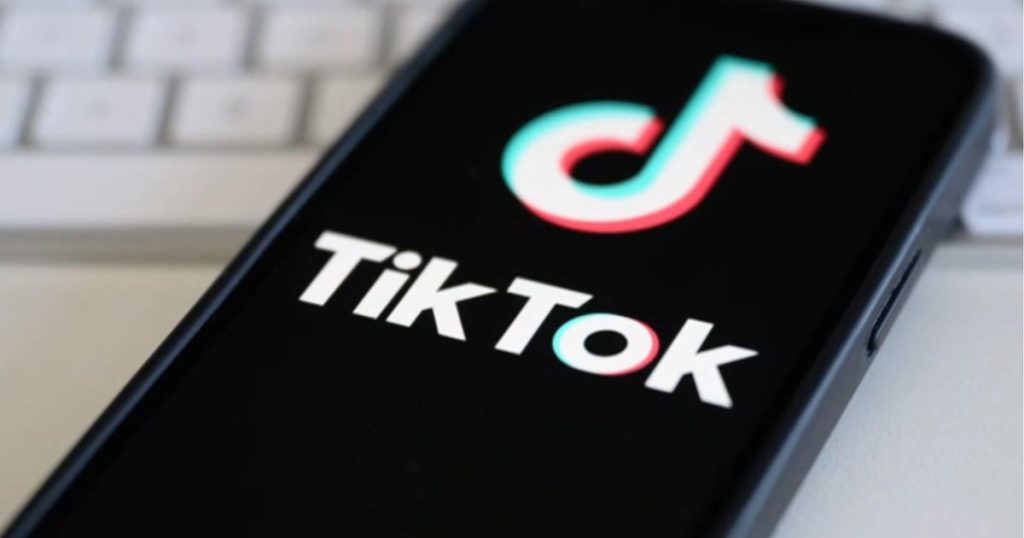The ongoing discussions surrounding TikTok, particularly its ownership and operating ability in the United States, remain a focal point for national security amidst rising tensions with China. Recent reports indicate that potential investment firms like Blackstone and Oracle are in talks to take over the app from its Chinese parent company, ByteDance. This push follows a directive from the Trump administration, aiming to ensure the app’s continued operation while addressing security concerns that have made TikTok a contentious issue in American politics.
| Article Subheadings |
|---|
| 1) Overview of the TikTok Controversy |
| 2) The Proposed Solutions and Investors |
| 3) Timeline for the Decision |
| 4) The Role of Key Administration Officials |
| 5) Implications for TikTok and its Users |
Overview of the TikTok Controversy
The situation surrounding TikTok has become emblematic of broader U.S.-China tensions and concerns about data security. According to government officials, TikTok is believed to pose national security risks due to its Chinese ownership, leading to fears that user data could be accessed by the Chinese government. This dynamic has fueled ongoing scrutiny and pressure from various lawmakers and officials, who argue that the app could be used to influence American users or gather sensitive information. Potential bans and sales have become central themes in the political discourse, creating uncertainty for the millions of American users who enjoy the application.
The Proposed Solutions and Investors
As the TikTok situation unfolds, various proposals have emerged for its potential acquisition and restructuring. Major investment firms such as Blackstone and Oracle are reportedly showing interest in acquiring TikTok from its parent company, ByteDance. These firms are not only significant in financial capabilities but also have interests in technology and media that could ensure the safeguarding of user data and operational integrity. The U.S. administration is considering these investors as viable options that can alleviate security concerns while allowing TikTok to continue its services within the American market.
Timeline for the Decision
President Trump has set a deadline for TikTok’s future in the U.S., with discussions expected to reach a conclusion by Saturday, April 5. This date follows a previously established timeline of last year’s legislation, which mandated a deadline for the sale of TikTok to take place—an effort to ensure that a Chinese entity is no longer managing the platform. However, the executive order signed by the President has allowed for a 75-day extension, providing more time for negotiations and the exploration of potential buyers. With the clock ticking, all stakeholders remain cautiously optimistic about the outcome.
The Role of Key Administration Officials
Key officials in the Trump administration are actively involved in the decision-making process regarding TikTok. A meeting in the Oval Office will include influential figures such as Vice President JD Vance, Commerce Secretary Howard Lutnick, National Security Adviser Mike Waltz, and Director of National Intelligence Tulsi Gabbard. These officials are integral in assessing the implications of a sale or a potential ban on TikTok. Their insights into national security and economic ramifications play a pivotal role in guiding the administration’s approach, with their recommendations expected to shape the final decision. Each of these individuals brings a unique perspective to the table, focusing on the critical balance of maintaining a vibrant technology sector and safeguarding American interests.
Implications for TikTok and its Users
The outcomes of the discussions surrounding TikTok will have far-reaching implications not just for the app itself but for its millions of users across the United States. Should a sale be completed, users may find their experience on the app changing significantly, with new data policies and operational directives established under new leadership. Conversely, if TikTok is banned, users could lose access to a popular platform that many have integrated into their daily lives. The ever-developing narrative raises questions about user rights, data privacy, and the role of social media in contemporary society. Furthermore, it could lead to a precedent in how the U.S. deals with foreign technology companies in the context of national security.
| No. | Key Points |
|---|---|
| 1 | TikTok faces scrutiny over data security concerns due to its Chinese ownership. |
| 2 | Major firms like Blackstone and Oracle are potential buyers in discussions to acquire TikTok. |
| 3 | A deadline has been set for April 5 for a decision regarding TikTok’s future in the U.S. |
| 4 | Key administration officials are heavily involved in deliberations about TikTok’s ownership. |
| 5 | The outcome will affect not only TikTok as a platform but also its user base and data privacy policies. |
Summary
The discussions surrounding TikTok underscore a significant intersection of technology, national security, and geopolitical dynamics. As the deadline approaches, it remains to be seen whether a viable solution can be found that assuages security concerns while maintaining the application’s presence in the U.S. Should a deal be struck, it could set precedents for how foreign-owned apps operate under U.S. jurisdiction. The coming days will be critical in determining the future of TikTok and its continued operation in America.
Frequently Asked Questions
Question: Why is TikTok facing restrictions in the U.S.?
TikTok is under scrutiny due to concerns that its Chinese ownership may lead to data privacy issues and potential information access by the Chinese government.
Question: What are the potential implications for TikTok users?
If TikTok is sold or banned, users may face changes in their access to the app, data privacy policies, and overall user experience on the platform.
Question: Who is involved in the discussions about TikTok?
Key officials from the Trump administration, including the Vice President and various cabinet members, are involved in deciding TikTok’s future in the U.S.


